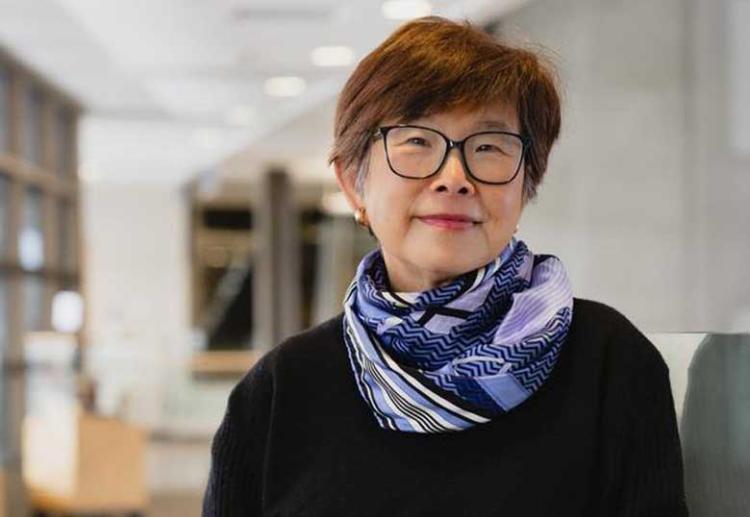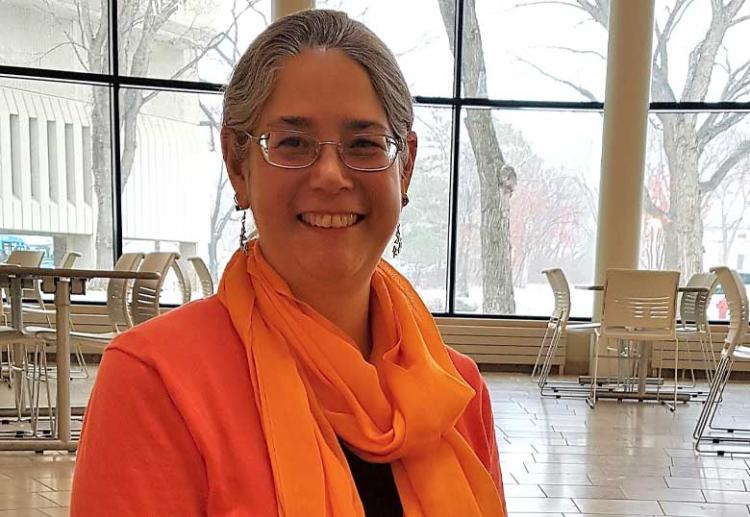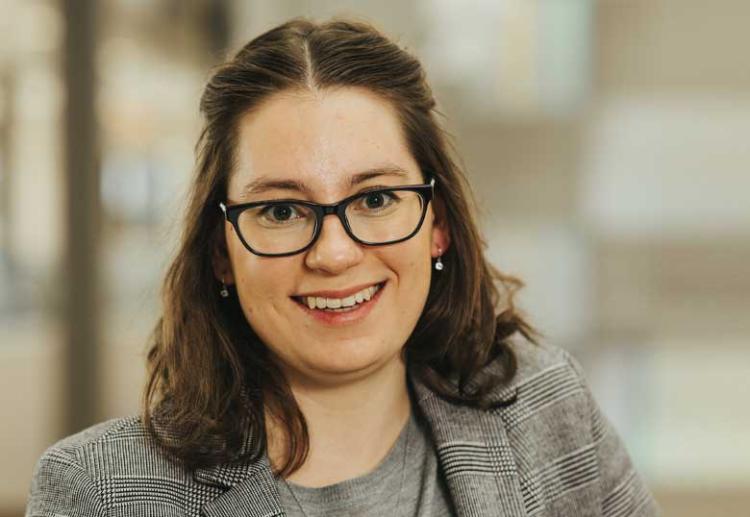Now in its fourth year, the Equity, Diversity and Inclusion (EDI) Scholars program at the University of Lethbridge continues to grow, welcoming three new scholars for 2024-25.
Drs. Bonnie Lee and Anastasia Stuart-Edwards, along with doctoral candidate Tara Million, have been named EDI Scholars, and will undertake projects aimed at advancing the University's EDI goals. When complete, these scholars will share their findings with the broader campus community.
"We are thrilled to introduce our newest cohort of EDI champions," says Hernando (Nando) Ortega Arango, project manager, Equity, Diversity and Inclusion. "Congratulations to our 2024-25 EDI Scholars and thank you to all applicants. This was a highly competitive selection process, and we look forward to collaborating with this exceptional group to enhance EDI capacity."
Since its inception in 2021, the EDI Scholars program has named 13 scholars, including this year's additions. In 2023-24, the program expanded its application process to increase EDI efforts across various faculties, departments and backgrounds. The projects for 2024-25 reflect this diversity, with participation from the Dhillon School of Business and the Faculties of Arts & Science and Health Sciences.
"Championing EDI initiatives is a collective responsibility, and everyone can contribute to fostering inclusion and belonging," says Ortega. "Through the work of the EDI Scholars, we hope to reach diverse audiences and strengthen the impact of EDI efforts across campus."
2024-25 EDI Scholars

Dr. Bonnie Lee
Dr. Bonnie Lee (Faculty of Health Sciences addictions counselling) will launch the Student-generated Quick Cases: EDI Dilemmas from Students' Lived Experience project. This competition invites upper-level and graduate health sciences students to create "Hollywood-style" vignettes based on their personal experiences with EDI dilemmas. The goal is to generate real-life scenarios for discussion and role-play, helping students explore various perspectives and compiling a valuable resource for future educational use.
"EDI issues are more complex than meet the eye," says Lee. "It's always instructive to consider these dilemmas from the standpoints of the various actors involved. We want to understand why people take the positions they do and get a deeper sense of what they feel inside."

Tara Million
Tara Million (Faculty of Arts & Science Indigenous studies) will expand her research on Indigenous law by drawing on Blackfoot, Cree and Métis legal orders to begin Indigenizing conflict resolution policies and procedures at the University of Lethbridge.
"I am very honoured to have been selected as an EDI Scholar," says Million. "My research project draws on the premises that Canada is a multi-juridical country where Indigenous laws exist alongside Canadian common and civil law and that the Numbered Treaties express a range of Indigenous legal orders. It's extremely important to me as an Indigenous faculty member that my research helps to create a theoretical and physical space where the University can function under the umbrella of Indigenous legal orders, as well as within provincial and federal laws."

Dr. Anastasia Stuart-Edwards
Dr. Anastasia Stuart-Edwards (Dhillon School of Business) will study incivility within academic settings by exploring the experiences of faculty members with diverse backgrounds and focusing on the prevalence, perception and personal and organizational strategies that can mitigate its harmful effects. Ultimately, Stuart-Edwards hopes her research will inform policies and practices that enhance organizational behaviour and well-being in educational institutions.
"Receiving this award is a significant milestone for me as it underscores the importance of addressing incivility within academic environments," says Stuart-Edwards, who invites faculty members throughout Canadian academia to participate in her survey. "Through my research, I aim to uncover the prevalence and impact of selective incivility, particularly among faculty members with traditionally stigmatized attributes, and to develop effective strategies for fostering more respectful and inclusive academic settings."













